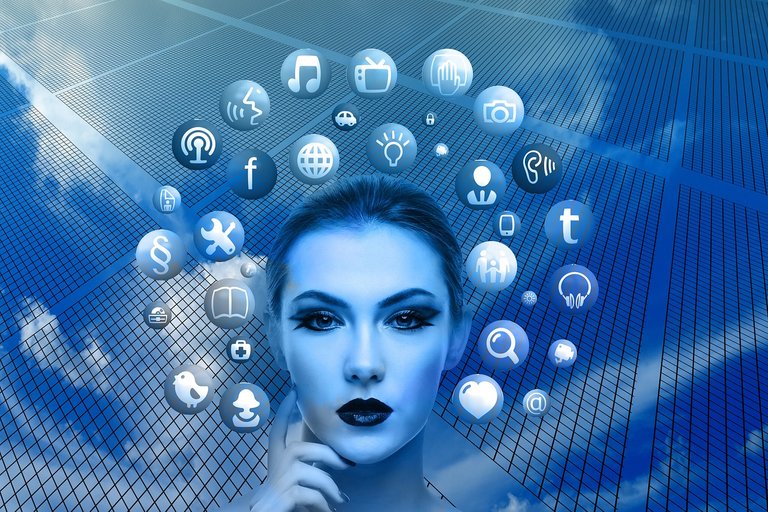Sometimes I sit and ask myself, "what would teenagers of today look like if there was no social media?" Maybe they would be more focused, or maybe more isolated. It's hard to say. But one thing I know for sure is that social media is shaping the way young people think, feel, and even learn.
Let’s be honest, the average adolescent spends more time online than with their books or even with their family. From TikTok to Snapchat, Instagram to Facebook, it’s like another planet entirely where they escape into. But is that planet helping or hurting them?
Mentally, it’s 50/50. For some teens, social media is like therapy. They find relatable content, join support groups, follow motivational pages, and even connect with people who uplift them. Some now have confidence to speak, write, or share their talent because of encouragement they got online.
But for others, it’s a trap. They compare their lives with what they see online the flashy cars, soft life, perfect skin, and ‘influencer lifestyle’. They begin to feel like failures at just 15 or 16. Depression kicks in silently, and they don’t even talk about it. Before we know, they’re battling anxiety, overthinking, and feeling like they're not enough.
Social media is loud, and sometimes that noise drowns their own voice.
Now let’s talk about learning. This one get as e be. Social media has made learning super easy and fast. You can literally learn a whole skill from start to finish on YouTube. TikTok now has study tips, math hacks, grammar corrections, even coding made fun. So yes, many young people are getting smarter through social media.
But the other side is the issue of laziness. Some no longer want to read or think for themselves. One small assignment like this, they just Google it or use AI tools and submit. No deep understanding, just copy and paste. Exams? Cheating groups are everywhere. So while learning is easier, the integrity of learning is falling apart.
Even worse, the attention span of most teens now is like 3 seconds. Because they are used to fast content, they get bored with anything long. Reading a textbook now feels like stress. Writing an essay? They'll rather ask someone else or use AI. This thing dey affect creativity o.
Still, we can’t ignore the fact that social media has brought a new world of knowledge. It has given access to information that some of us never had growing up. Some teenagers now learn design, editing, digital marketing and even languages, all online. So it’s not all bad.
What we really need is balance. Teenagers need guidance, not total restriction. Parents and teachers should educate them on digital discipline, how to use social media for growth, not destruction. Because if we don’t teach them, social media will teach them anyhow.
Social media is not going anywhere. But if we can help young people use it wisely, it can become a tool that builds their mind, boosts their confidence, and expands their learning. If not, it may continue to damage their mental health, reduce academic focus, and turn many into lazy thinkers.
So let’s not blame social media entirely. Let’s start teaching better digital habits, and maybe, just maybe our teenagers can grow up smarter, stronger and saner.








